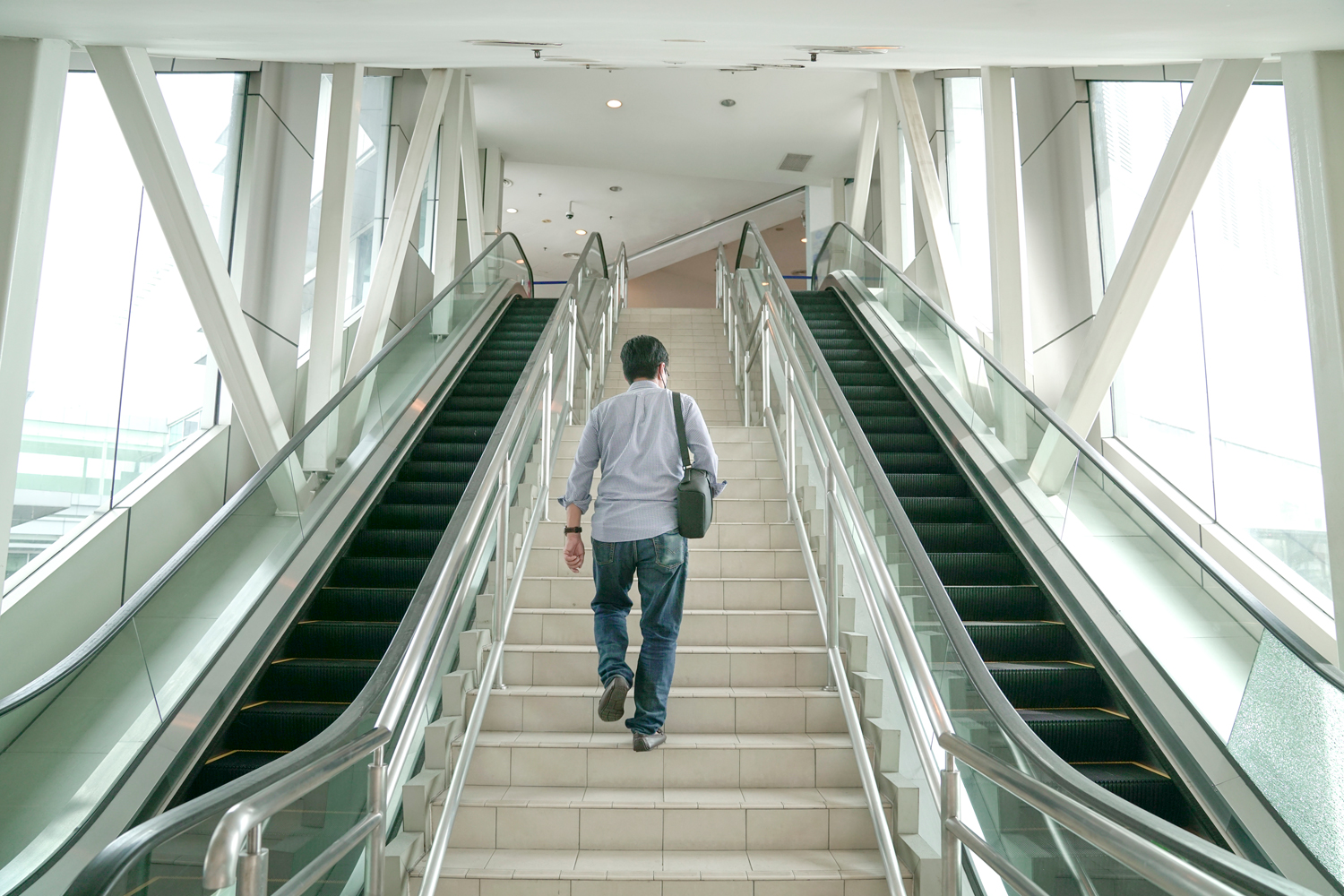Every week, the editors of Cancer Today magazine bring you the top news for cancer patients from around the internet. Stay up to date with the latest in cancer research and care by subscribing to our e-newsletter.
Short Bursts of Physical Activity Associated With Lower Cancer Risk
When most people think about getting in shape, they visualize long hours at the gym or running for miles. They don’t often consider the health benefits of everyday tasks like climbing the stairs or carrying groceries. However, just a few minutes per day of vigorous movement can be linked to lower cancer risk, the Wall Street Journal reported. A study published online July 27 in JAMA Oncology followed 22,398 self-described nonexercising adults in the U.K. with an average age of 62. They wore activity trackers across a mean follow-up period of 6.7 years. Participants who recorded 3.4 minutes of vigorous physical activity daily had a 17% lower cancer risk compared with those who did not register any intense movement. Some experts cautioned the results may not apply to the general population since the people who moved more could have been generally healthier from the start. Health organizations recommend at least 150 minutes of moderate exercise or 75 minutes of vigorous exercise per week, but experts noted many adults don’t work out regularly, so these quick activities can be a good place to start. “Short bursts of vigorous activity are clearly important for cancer risk at the population level,” Elizabeth Salerno, a biobehavioral scientist at the Siteman Cancer Center at Washington University in St. Louis, who wasn’t involved in the study, told the Journal. “It’s never too late to get moving in small ways, whether that be parking farther away at the store or taking the stairs.”
Vaccines Led to 84% Drop in COVID-19 Deaths Among U.K. Cancer Patients
Vaccines helped decrease the number of COVID-19 deaths among people with cancer by 84%, according to results of a U.K. study published July 25 in Scientific Reports. Researchers analyzed records for 127,322 cancer patients and 15.8 million people without cancer who tested positive for COVID-19, the Center for Infectious Disease Research and Policy at the University of Minnesota in Minneapolis reported. Researchers looked at infections between November 2020—just before COVID-19 vaccines started to be administered in December 2020—and August 2022. Among cancer patients, there were 39,033 hospital assessments, 28,061 hospitalizations, 2,168 intensive care unit (ICU) admissions and 15,278 deaths related to COVID-19. The death rate in this group dropped from 20.5% to 3.3% across that time period, while it decreased from 4.2% to 0.4% in people without cancer. In 2022, deaths were still 2.5 times higher in cancer patients compared with people without cancer. Cancer patients also saw rates significantly decline over the period studied for hospitalization (30.6% vs. 7.5%) and ICU admissions (2.54% vs. less than 0.5%) due to COVID-19. “Patients with cancer must therefore be empowered to live more normal lives, to see loved ones and families, while also being safeguarded with expanded measures to reduce the risk of transmission,” the study authors wrote.
Cancers Among Young People Trend Upward as Researchers Search for Answers
People younger than 50 are being diagnosed with cancer at rates far higher than in prior decades, and oncologists are struggling to find an explanation for this alarming trend. Among those younger than 50, incidence of more than a dozen cancers has increased in recent years, the Boston Globe reported. Colorectal cancer rates have risen by about 2% per year since the 1990s, and breast cancer incidence increased by 2% per year from 2015 to 2019. “People born in 1990 have over double the risk of getting colon cancer compared to those born in 1950. And quadruple the risk of getting rectal cancer,” Kimmie Ng, director of the Young-onset Colorectal Cancer Center at Dana-Farber Cancer Institute in Boston, told the Globe. Researchers are scrambling to find reasons for these increases, as genes alone are not to blame. Potential factors include disrupted sleep, antibiotic use, sedentary lifestyles and increased consumption of cured meats and sugary drinks. As a result, experts highlight healthy eating, exercise and sleep habits as the best ways to help prevent early-onset cancer. “It is encouraging that so much attention is being paid to the early-onset cancer issue,” epidemiologist Timothy Rebbeck, from the Harvard T.H. Chan School of Public Health in Boston, told the Globe. “There is scientific progress being made, and I hope we will have answers.”
Cancer Today magazine is free to cancer patients, survivors and caregivers who live in the U.S. Subscribe here to receive four issues per year.





